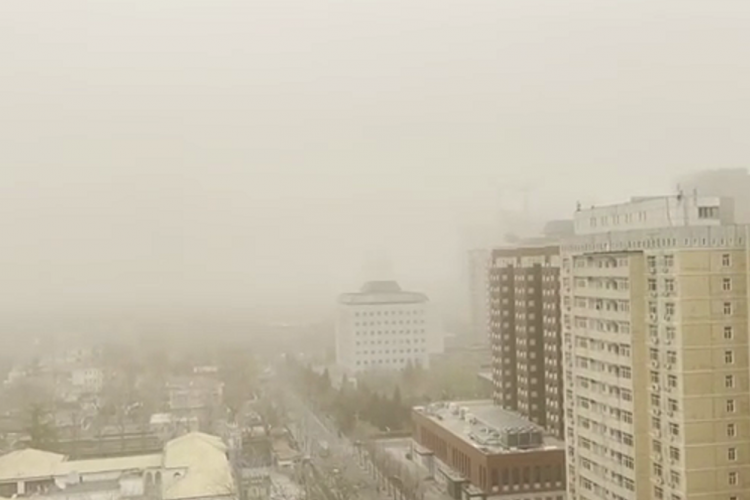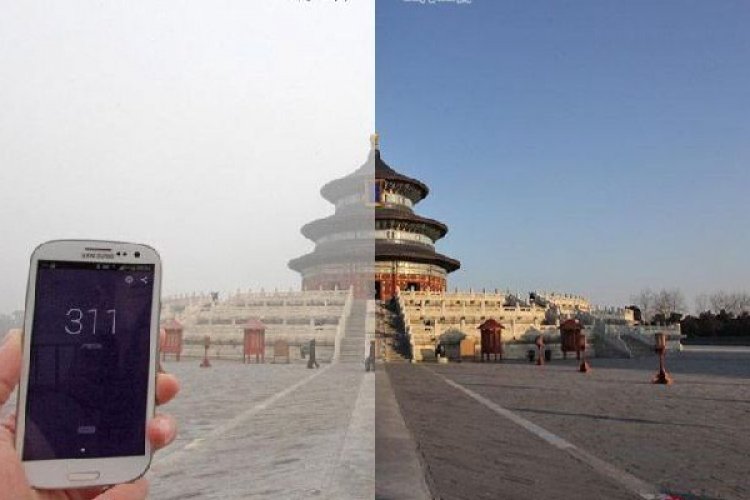World Health Organization Applauds Beijing's Air Pollution Red Alert
The World Health Organization's (WHO) office in Beijing announced Tuesday its support of the Beijing Municipal Government's decision to issue its first ever red alert pollution warning on Monday.
“The issuing of a 'red’ pollution alert means, first and foremost that the Beijing authorities are taking air quality, and related health issues, very seriously – while the ‘red’ alert level indicates that the air pollution is at a dangerously high level and will likely stay that way for several days, WHO welcomes the government’s recognition of this and its decision to act," Dr. Bernhard Schwartländer, WHO Representative in China.
“In the Beijing warning level system, the red alert is the highest level in the government’s air pollution warning system. This means two things: first, it sends a message to the public about the severity of pollution levels; and second, it triggers particular actions from the government to reduce pollution levels – for instance, shutting down construction sites and factories, and imposing traffic restrictions," Dr. Schwartländer said.
“This is important because air pollution is a serious health hazard. In the short term, high levels of air pollution can cause health problems such as respiratory and breathing problems, and asthma attacks. People already prone to these kind of health conditions (e.g. the very young and the very old) need to take particular care. In the longer term, air pollution can cause heart disease, cancer (especially lung cancer), and chronic respiratory problems," Dr. Schwartländer said.
The red alert remains in effect in Beijing through Thursday, December 10 at noon, local time.
Photo: Wikimedia







